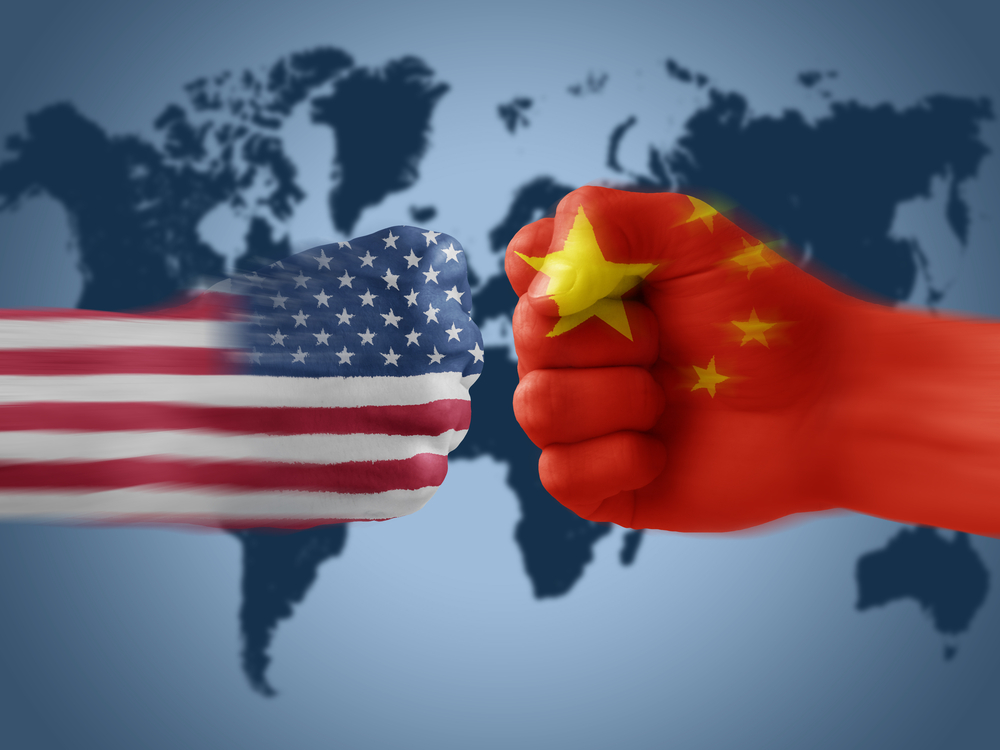
By Lisa Schlein
Joseph Kabila’s second and last term as president of Democratic Republic of Congo comes to an end December 19. However, a court ruling states he could remain in power since elections were not held in November to determine his successor.
U.N. Assistant Secretary-General for Human Rights Andrew Gilmour said during his visit last week to DRC that there is widespread concern of mass demonstrations rivalling September’s deadly riots if Kabila does not relinquish power.
“These may be met in a similar fashion to those of September,” Gilmour said. “In which case, we could see a truly terrible escalation. So, this is why confidence-building measures need to be implemented now, to head off that scenario.”
Gilmour says he is deeply worried about the clampdown on fundamental freedoms by the authorities.
“A ban on all public demonstrations by opposition parties or civil society is now in effect throughout most of the country,” he said, “but this does not seem to apply to the ruling majority, whose gatherings continue to take place. … During my visit to the country, I underlined to the Congolese authorities that there can be no credible and peaceful electoral process without respect for fundamental freedoms.”
Gilmour says restrictions on the media have increased. Reportedly, at least seven journalists have been arrested, two newspapers closed, and one radio station discontinued since September.
DRC authorities also denigrate civil society organizations, Gilmour says, and dismiss anti-government demonstrators as thugs, rapists and drug addicts.


